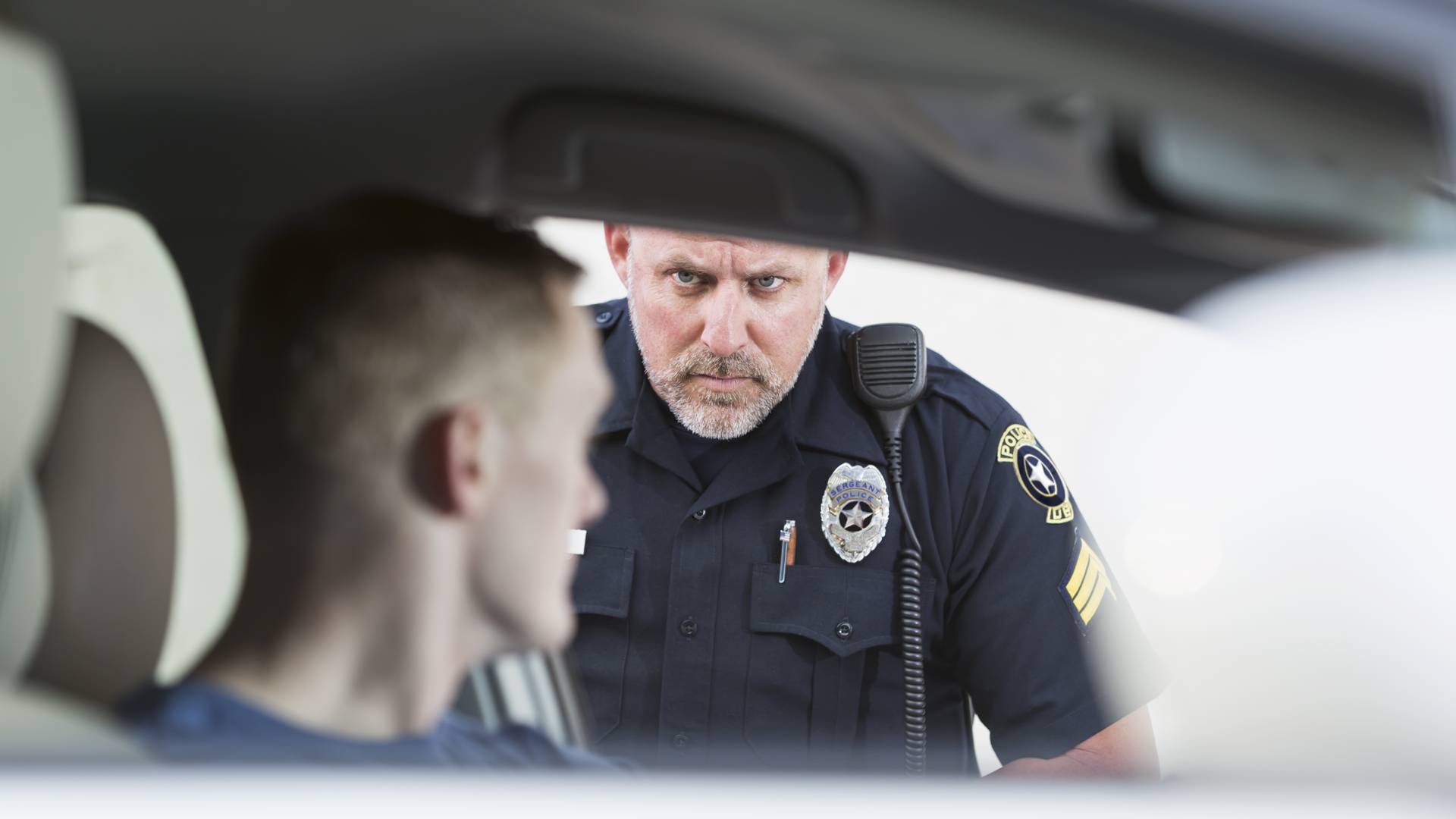The digital age has revolutionized how we communicate, but it has also created new risks. Sexting, or the sharing of sexually explicit images or messages via electronic devices, is a prime example of a digital behavior that can have serious consequences. What many don’t realize is that sexting isn’t just risky; in Minnesota, it could also result in criminal charges.
If you or someone you care about has engaged in sexting, it’s crucial to understand the legal risks and take steps to protect yourself.
The Legal Risks of Sexting in Minnesota
Sexting might seem like a private act between consenting individuals. However, in the eyes of the law, things are far more complicated. Minnesota has strict rules related to the exchange of sexually explicit material, especially when minors are involved.
Sexting and Child Pornography Laws
Minnesota law treats sexually explicit images of minors as child pornography, regardless of how or why the images were created or shared. This means:
- If a minor shares an explicit image of themselves, they can technically be charged with producing and distributing child pornography.
- If someone receives such images, even if the recipient is also a minor, they can face charges for possessing child pornography.
- The charges and penalties can escalate significantly if images are shared with others or posted online.
These laws aim to protect minors from exploitation, but they often result in unintended consequences for teens and young adults who engage in sexting.
Age of Consent and Sexting
Minnesota’s age of consent laws also play a role in sexting-related cases. Even if two individuals are close in age and in a consensual relationship, creating or sharing explicit images can still lead to legal trouble. The fact that someone willingly participated does not negate the possession or distribution legal standards.
Other Associated Charges
Beyond child pornography laws, sexting can lead to other criminal charges depending on the situation. Examples include:
- Harassment or stalking charges: If explicit images are used to intimidate or threaten someone.
- Sextortion charges: If someone blackmails another person by threatening to share their explicit images unless they comply with demands.
- Revenge porn laws: Minnesota prohibits the non-consensual distribution of private sexual images, also known as revenge porn. Convictions can result in jail time and fines.
How Sexting Cases Unfold in Court
Legal cases involving sexting often become complicated because the intent and circumstances matter. Courts will look at details such as:
- The ages of the parties involved: Were minors involved, and if so, what were their ages?
- The context of the exchange: Was the sexting mutual and consensual, or was someone coerced?
- The actions after the images were sent: Were the images shared with others or kept private?
Regardless of the circumstances, being charged with sexting-related crimes can come with severe consequences, including felony records, jail time, and registration as a sex offender. These outcomes can have a lasting impact on a person’s future.
Practical Advice to Protect Yourself and Your Loved Ones
The potential consequences of sexting are serious, but there are steps you can take to reduce risks. Whether you’re a parent, a young adult, or someone simply navigating relationships in the digital era, here are some practical tips:
1. Think Before You Send
Avoid creating or sharing explicit content, even if you trust the recipient. Once an image is sent, you lose control over where it goes and how it’s used.
2. Talk to Your Children About Sexting
If you’re a parent, have open and age-appropriate conversations with your children about the risks of sexting. Explain not only the legal consequences but also the potential emotional and social repercussions.
3. Be Mindful of Social Media Behavior
Explicit content can be leaked or shared unintentionally through hacked accounts or oversights. Ensure your privacy settings are secure, and be cautious about what you post or share online.
4. Educate Yourself on Minnesota’s Laws
Understanding the legal landscape is one of the best ways to protect yourself. Minnesota’s laws around sexting and explicit materials are complex, so knowing the boundaries is crucial.
5. Monitor and Guide Your Kids’ Digital Use
If you’re a parent, keep track of your child’s online behavior. Consider using parental controls or apps that can alert you to risky behavior. However, balance monitoring with trust and open communication.
6. Seek Legal Help Promptly
If you or someone you know is facing sexting-related charges, don’t wait to contact an experienced attorney. Legal cases involving explicit materials often move quickly, and having professional guidance can make all the difference.
24-Hour Criminal Lawyer Help in Minnesota
Our team at Tamburino Law Group is dedicated to providing top-notch criminal defense services and legal advice for clients facing sexting-related charges in Minnesota. Don’t hesitate to reach out to us for a free consultation and learn how we can protect your rights. Remember, the sooner you seek help, the better chance you have of achieving a positive outcome. Contact us today at (612) 444-5020 to get started.




.2407131209550.png)





